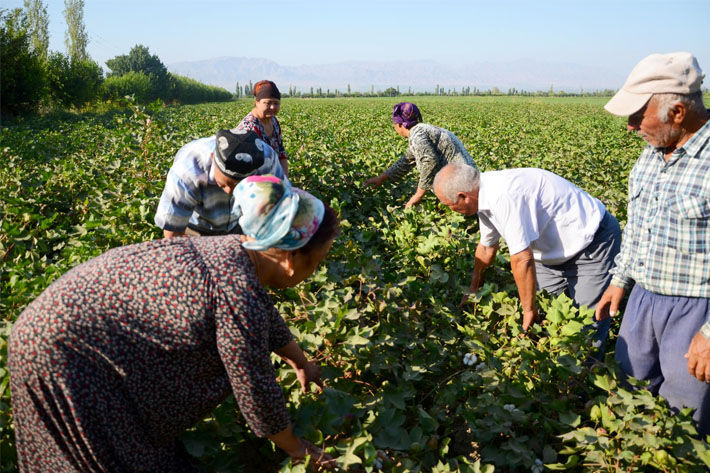
It will work with suppliers, NGOs and independent experts in supply chain assurance to develop an approach that meets the pressing needs of industry today. Traceability within the cotton supply chain will soon become a market ‘must’ with legislators on both sides of the Atlantic moving to toughen rules. New rules presented this March by the European Commission aim to better protect consumers against false environmental claims and introduce a ban on greenwashing. For example, sellers will not be allowed to put a sustainability label on their product if there is no certification or recognition by a public authority for it. It also prohibits sellers from making generic environmental claims such as eco-friendly or green if they cannot demonstrate environmental performance, the company said in a press release.
The Better Cotton Traceability Panel will address all aspects of the cotton supply chain, from farmers in the field through production to the consumer. Better Cotton has gathered input from over 1,500 organisations so far who have made it clear that traceability is business-critical across the whole industry but also that retailers and brands need to integrate sustainability and traceability into their standard business practices. Findings from this research highlighted that 84 per cent indicated a business ‘need to know’ where the cotton in their products was grown. In fact, 4 in 5 suppliers surveyed sought the benefit of an enhanced traceability system. Currently only 15 per cent of apparel companies claim to have full visibility of the raw materials that go into their products according to a recent study by KPMG.
“Many fashion retailers simply don’t know where the cotton in their clothes comes from. The reasons for not knowing are numerous, and in many cases, legitimate. This traceability panel is a major step towards addressing the reasons behind this inability to trackback to the source. We intend to address sourcing and intellectual property issues head on. Higher supply chain assurance comes at a cost –- as verifying the exact origins of a garment requires more checks and controls – so the investment of additional resources will be critical,” Alan McClay, CEO, Better Cotton, said in a statement.
“Having worked in partnership with Better Cotton for over a decade, at M&S we have been at the forefront of sourcing more responsible cotton. We met our commitment of reaching 100 per cent responsibly sourced cotton in our clothing in 2019 – but there is still work to be done to improve traceability. We’re proud to be a part of Better Cotton’s Traceability Panel which will help to further accelerate progress within the industry,” Katharine Beacham, head of materials and sustainability, said.
“Fashion consumers are increasingly demanding to know the provenance of their purchases and at Zalando, we aim to offer this deeper level of transparency to our customers. We are all aware how complex this issue is within our industry and initiatives like the Better Cotton traceability panel will help to accelerate progress – with action to support sustainable business growth for all in the supply chain. This includes setting ambitious targets and ensuring these are actioned promptly,” Laura Coppen, head of circularity at Zalando, a leading European online platform for fashion and lifestyle, said.
ALCHEMPro News Desk (GK)
Receive daily prices and market insights straight to your inbox. Subscribe to AlchemPro Weekly!